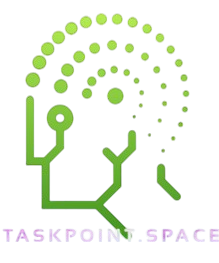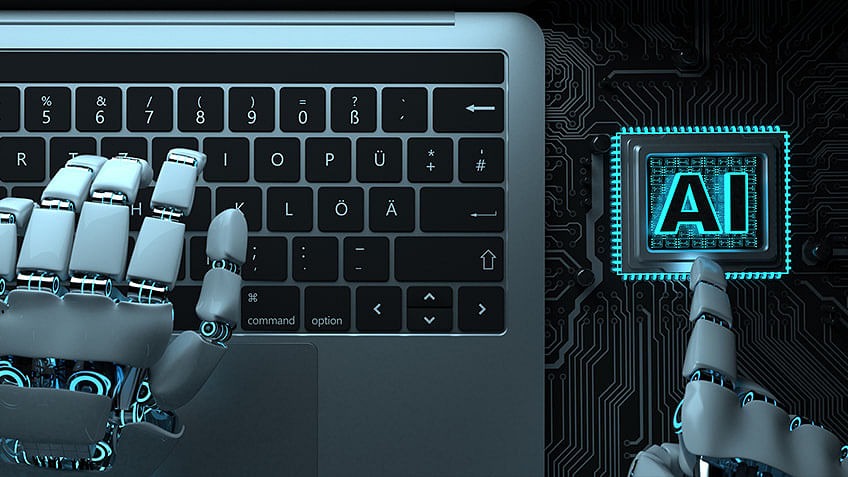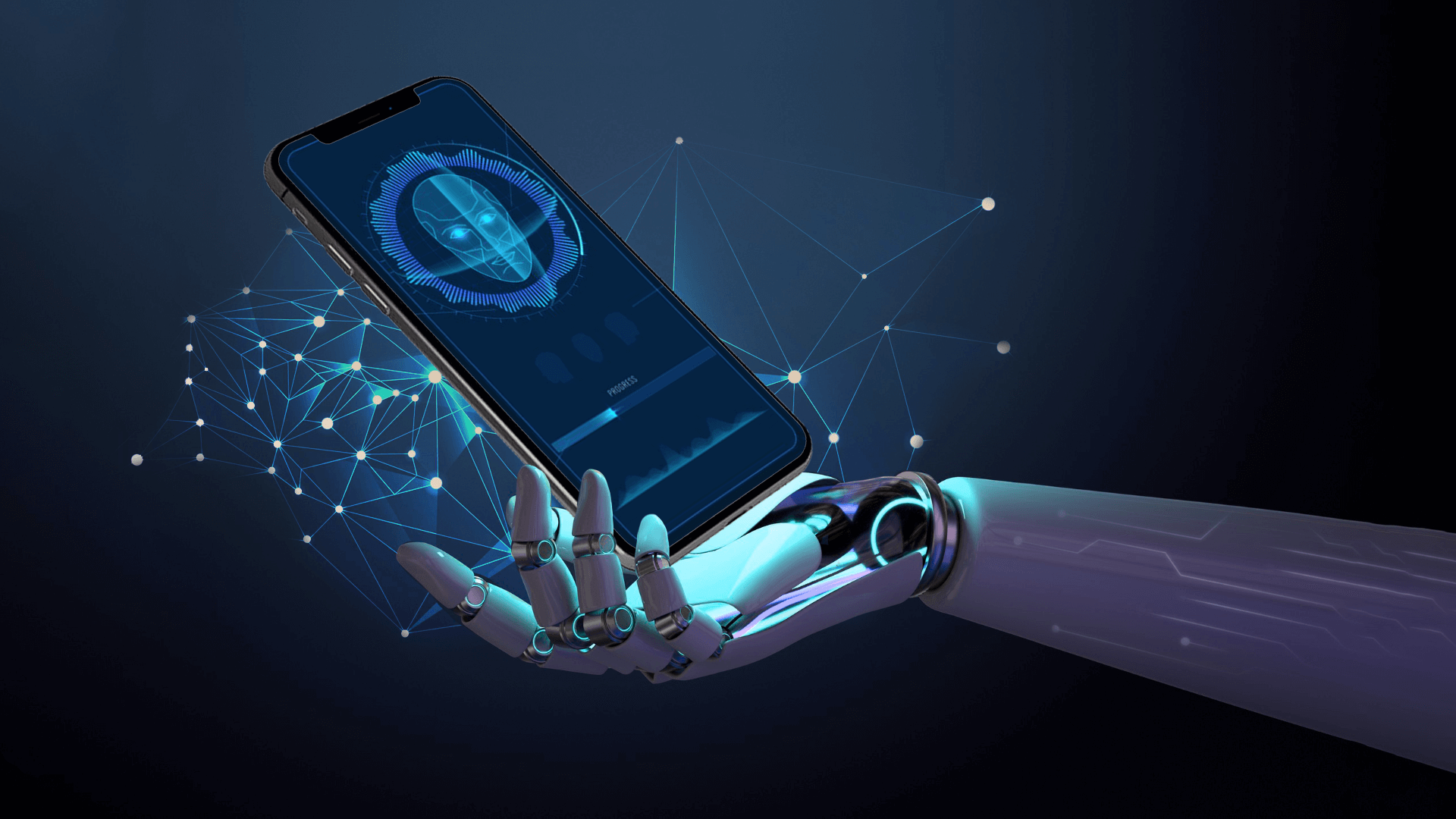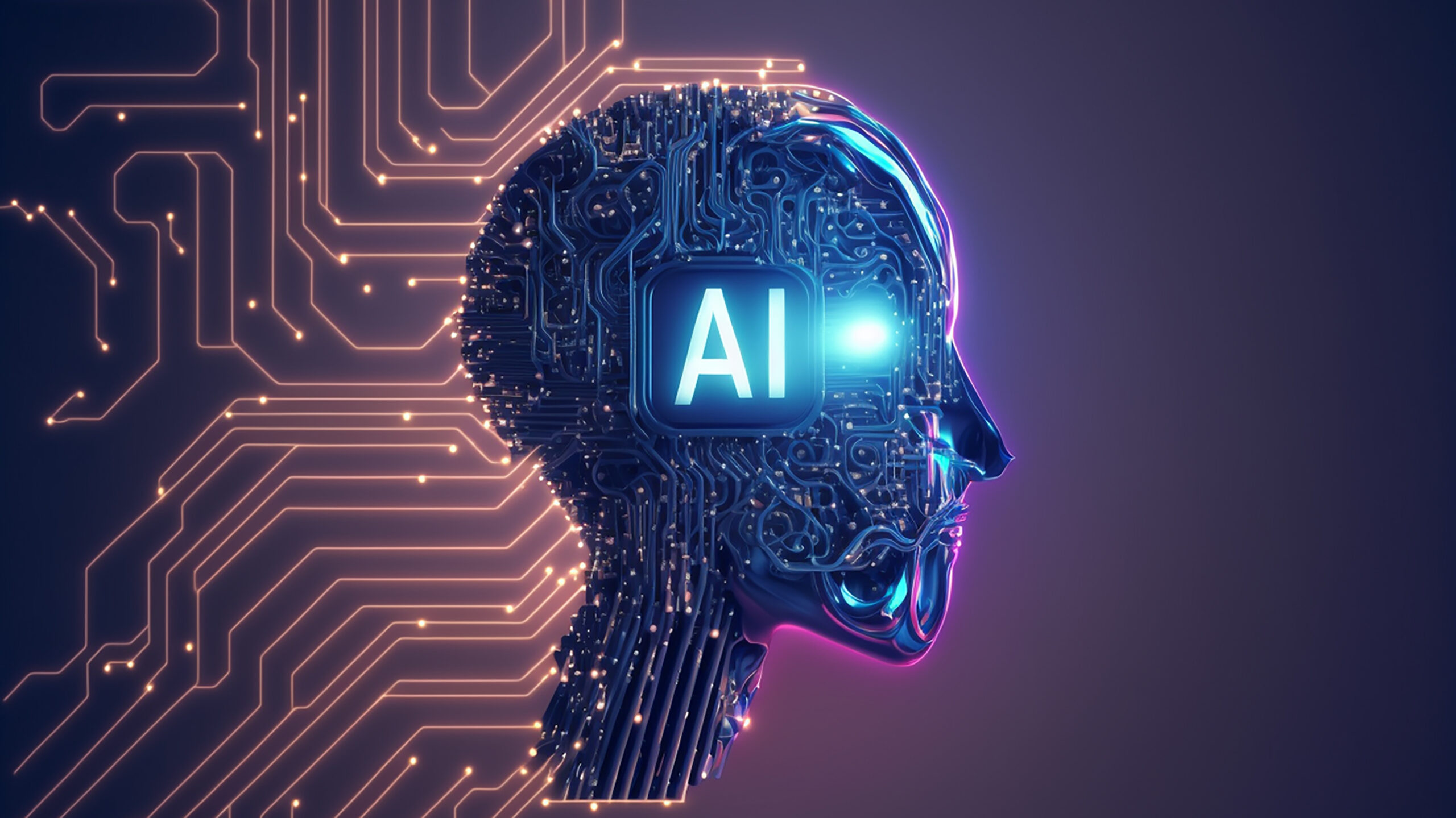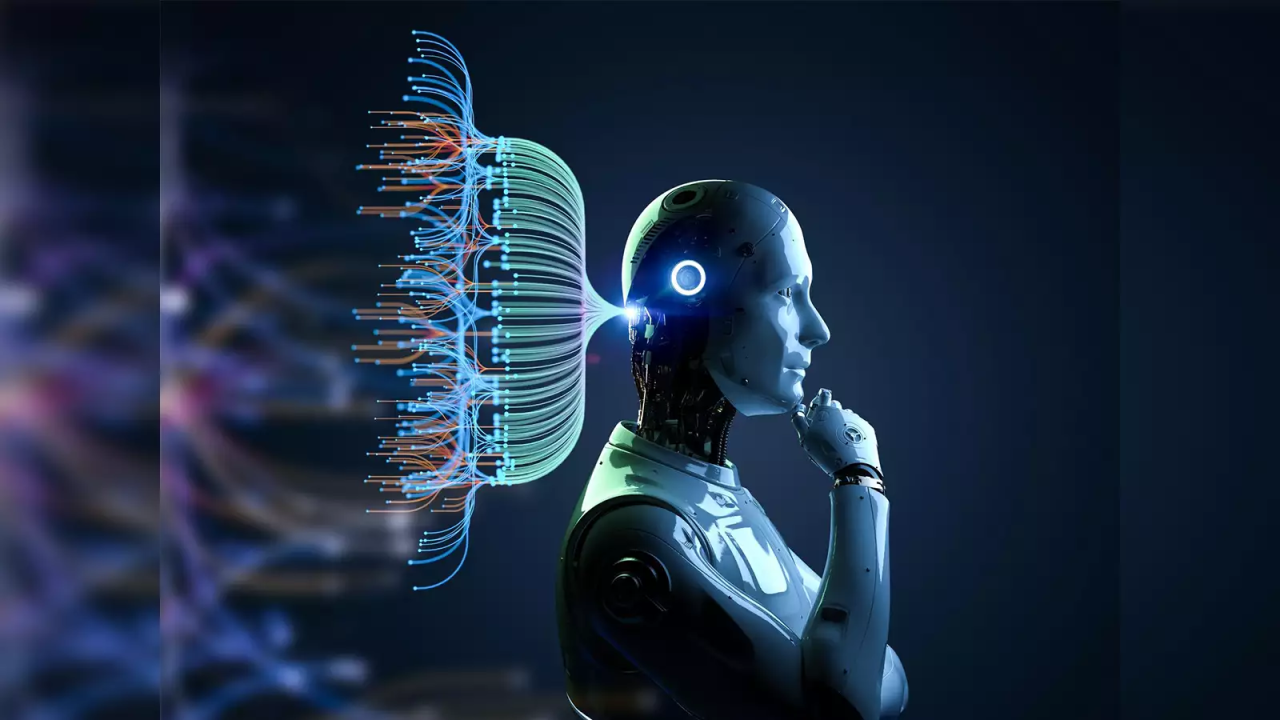Introduction to AI in 2025
As we enter the year 2025, artificial intelligence (AI) has fundamentally transformed various aspects of society, particularly in workplaces, educational institutions, and avenues for self-development. The growth of AI technology is characterized by unprecedented advancements in machine learning algorithms, natural language processing, and data analytics, which have contributed significantly to the enhancement of operational efficiency and effectiveness across multiple sectors.
In the realm of work, AI services have redefined traditional roles and responsibilities, shifting the dynamics of teamwork and responsibility allocation. Organizations increasingly leverage AI-driven tools for project management, predictive analysis, and customer relationship management, leading to improved decision-making processes and heightened productivity. This transition has not only automated repetitive tasks but also improved collaboration among teams, enabling them to focus on more strategic endeavors, thus fostering a more innovative workplace culture.
Similarly, the field of education has witnessed profound changes due to the integration of AI technologies. Personalized learning experiences powered by AI algorithms allow educators to tailor curricula to meet individual student needs, promoting enhanced engagement and knowledge retention. Moreover, AI-driven assessment tools provide real-time feedback, aiding in the accurate evaluation of student performance and learning progression. This shift towards a more adaptive learning environment has made education more accessible and effective, preparing students for the challenges of the future workforce.
On a personal growth level, AI services have opened new avenues for self-development. From AI-based coaching applications to robotic assistance aimed at emotional well-being, individuals can now access tools that enable personal enhancement and skill acquisition at their own pace. The interplay between AI technology and human potential is expanding, leading to a more empowered and knowledgeable populace. The implications of these advancements set the stage for a deeper exploration of specific AI applications in various domains, ensuring a continued focus on innovation and efficiency in the years to come.
AI Services Revolutionizing Work
The workplace in 2025 is set to experience a significant transformation driven by advanced artificial intelligence services. These innovations are redefining how businesses operate, enhancing productivity, and meeting the evolving demands of the workforce. Among the various AI tools available, project management software, workflow automation solutions, and collaboration platforms stand out as particularly impactful.
Project management tools powered by AI facilitate better planning and task allocation. For instance, platforms like Monday.com and Asana leverage machine learning algorithms to analyze team performance and project requirements, leading to optimized resource allocation and improved completion rates. By predicting potential bottlenecks and suggesting actionable insights, these AI services empower project managers to make informed decisions quickly and intelligently.
Furthermore, automation technologies are streamlining workflows by taking over repetitive tasks, thus allowing employees to focus on more strategic functions. Tools like Zapier and UiPath integrate seamlessly with existing applications, enabling teams to automate processes such as data entry, scheduling, and communication. This reduction in manual tasks not only boosts efficiency but also decreases the likelihood of human error, contributing to greater organizational reliability.
Collaboration enhancement is another critical area where AI services are making strides. Applications such as Slack and Microsoft Teams, enriched with AI-driven capabilities, allow for real-time language translation, smart scheduling, and intelligent meeting summaries. These features cater to a diverse workforce and foster effective communication among team members, irrespective of geographical boundaries. As a result, organizations experience improved collaboration, leading to innovative ideas and solutions that are vital in today’s competitive landscape.
Overall, the integration of AI services into workplace dynamics is transforming job roles and skill requirements, enabling organizations to operate more efficiently while equipping employees with the necessary skills to thrive in a rapidly evolving environment. By embracing these technologies, companies are not only enhancing productivity but also setting a foundation for sustained growth and adaptability in the future.
AI-Powered Learning Platforms
The landscape of education has witnessed significant transformation due to the emergence of AI-powered learning platforms. These innovative solutions are reshaping how knowledge is imparted and acquired, making learning more accessible and personalized. The integration of artificial intelligence in educational settings has given rise to features such as personalized learning pathways, adaptive assessments, and virtual tutoring, which cater to the unique needs of each learner. This tailoring of educational experiences not only enhances engagement but also fosters deeper understanding and retention of information.
One of the most notable features of AI-driven educational platforms is the ability to create personalized learning paths. These platforms utilize algorithms to analyze individual learning styles and preferences, enabling them to recommend specific resources, exercises, and courses tailored to each user. This results in a more effective learning experience where students can progress at their own pace, ensuring mastery of concepts before moving on to more advanced topics.
Moreover, adaptive assessments play a crucial role in the educational journey facilitated by AI. Instead of a one-size-fits-all approach, these assessments adjust their difficulty based on the learner’s performance in real-time. Consequently, students are challenged at an appropriate level, leading to improved learning outcomes. Virtual tutoring, powered by AI, further complements these features by providing instant feedback and support, simulating the beneficial aspects of one-on-one human interaction.
In 2025, several AI-driven learning platforms stand out for their efficacy and user-friendliness. Platforms such as Knewton, DreamBox Learning, and Coursera are at the forefront, offering robust tools designed to democratize access to quality education for diverse learners. With ongoing innovations in AI technology, these platforms are poised to enhance the educational landscape significantly, making learning not only more effective but also more inclusive.
Enhancing Self-Development with AI Tools
The landscape of self-development in 2025 is increasingly influenced by the integration of artificial intelligence (AI) tools, which are designed to support personal growth and improvement. These innovations provide individuals with transformative resources, enhancing their ability to cultivate skills, maintain mental wellness, and achieve life goals.
One significant aspect of AI in self-development is the emergence of AI coaches. These digital mentors utilize machine learning algorithms to tailor guidance to individual users. By analyzing personal progress, preferences, and learning styles, AI coaches facilitate customized strategies for goal attainment. They offer real-time feedback and maintain engagement, making the learning process not only efficient but also enjoyable. Users can find themselves encouraged to embrace accountability through regular check-ins and reminders.
In addition to AI coaches, habit trackers have become essential tools for fostering positive behaviors. AI-driven habit tracking applications can detect patterns in users’ daily routines, providing insights into productivity and areas needing improvement. By setting specific goals and tracking progress over time, individuals are equipped with the means to establish and sustain constructive habits. These applications often feature reminders and motivational prompts, further supporting users in their self-improvement journeys.
Finally, learning applications that leverage AI technology play a crucial role in enhancing skill development. These platforms can offer personalized learning pathways that adapt to users’ evolving needs, preferences, and performance levels. By providing customized study materials and progress assessments, these applications ensure users remain engaged and can achieve desired outcomes efficiently. Moreover, AI facilitates the exploration of new skills in an accessible manner, catering to diverse learning styles.
By embracing AI tools for self-development, individuals can unlock their full potential and navigate their paths toward personal growth with enhanced support and structure. The continuous advancements in AI technologies promise a future where self-improvement is more accessible and effective than ever.
